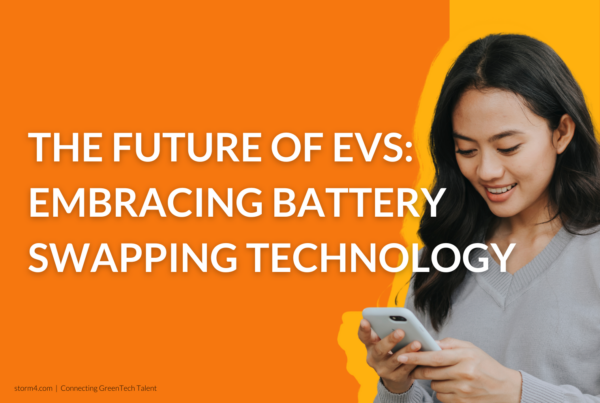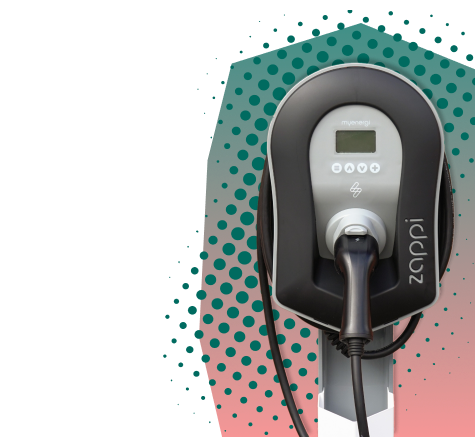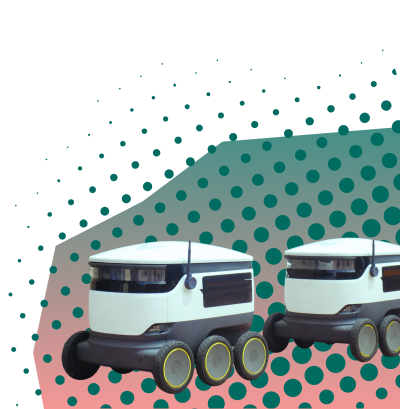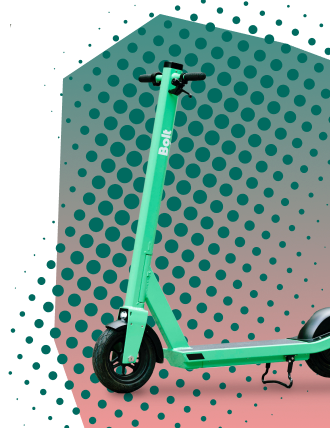Green Smart Tech and the workplace: what’s the link?
In recent years, the growing concern for environmental sustainability has led to significant advancements in green technology across various industries. One area where these advancements are particularly noticeable is the workplace. As we step into 2023, the integration of green smart technology into work environments has become a prominent trend, revolutionizing the way businesses operate. This latest wave of technological innovations not only prioritizes eco-consciousness but also aims to enhance efficiency, productivity, and employee well-being.
In this rapidly evolving landscape, the workplace is undergoing a profound transformation. Traditional office spaces are being reshaped to accommodate the latest green smart tech, creating more sustainable and energy-efficient environments. From intelligent lighting systems to eco-friendly solutions and cutting-edge energy management systems, organizations are embracing these advancements to reduce their carbon footprint and create a healthier workspace for their employees.

How does Green Smart Tech intertwine with a modern workplace?
One of the most remarkable advancements in the realm of green smart tech lies in the emergence and proliferation of smart sensors and automation systems. These highly sophisticated sensors possess an inherent intelligence that enables them to effectively monitor and analyse an array of crucial parameters such as occupancy levels, temperature variations, and lighting intensities. Consequently, they facilitate the attainment of optimized energy consumption practices in various settings. According to Smart Energy GB, within the residential settings, if everyone in the UK will switch to smart meters, the whole nation could save up to £8 billion a year. Imagine the potential if every office would switch to smart meters!
The implementation of these intelligent sensors within commercial spaces, offices, and even residential environments has ushered in a new era of sustainable and energy-efficient operations. By continually collecting real-time data on occupancy, these sensors can seamlessly regulate lighting and HVAC (Heating, Ventilation, and Air Conditioning) settings to match the specific needs and preferences of the occupants. This dynamic adjustment process ensures that energy is utilized judiciously, avoiding unnecessary waste while simultaneously maintaining a comfortable and conducive work or living environment.
Furthermore, the integration of renewable energy solutions has emerged as a transformative cornerstone within the green workplace revolution. With a growing emphasis on sustainability, businesses are adopting and implementing a diverse range of renewable energy technologies to generate clean and sustainable power directly on-site. This shift toward renewable energy sources, such as solar panels, wind turbines, and geothermal systems, serves multiple purposes, including reducing reliance on conventional energy sources, curbing carbon emissions, and fostering a more environmentally conscious approach to power generation.
Solar panels, harnessing the virtually limitless energy of the sun, have gained significant traction in the corporate world. Especially since in the past decade, the costs of installing solar has dropped by more than 70%. By converting sunlight into electricity through photovoltaic cells, these panels provide a reliable and renewable source of energy. When strategically installed on rooftops or in open spaces, they capture and transform solar energy into usable electricity, which can power various operations within the workplace. This transition to solar power not only reduces dependence on fossil fuels but also mitigates the adverse environmental impacts associated with their extraction and combustion. By embracing solar energy, companies actively contribute to the global efforts of combating climate change and creating a sustainable future.
Considerably, another addition to this list (that still quite well falls into the category of smart tech) is telecommuting and more flexible work opportunities. One of the notable benefits of remote work is the substantial reduction in commuting and associated carbon emissions. By allowing employees to work from anywhere, organizations are able to minimize the need for daily transportation to a centralized office location. This reduction in commuting not only translates into significant time savings for employees but also has a tangible positive impact on the environment. The decrease in daily travel by employees leads to a notable decrease in fuel consumption, vehicular emissions, and overall carbon footprint. As a result, remote work contributes to mitigating climate change by reducing greenhouse gas emissions and fostering a greener and more sustainable future. According to business.com, employees that are capable of working from home full-time can save between $2,000 and $7,000. Not to mention that telecommuting and flexibility to work from home can improve employee retention and satisfaction.
The proliferation of advanced communication and collaboration tools has played a pivotal role in facilitating the seamless transition to remote work. Video conferencing platforms, equipped with high-quality audio and video capabilities, bridge the physical divide by enabling face-to-face interactions among team members regardless of their geographic locations. These tools facilitate real-time communication, virtual meetings, and collaborative discussions, fostering effective teamwork and minimizing the need for in-person meetings and travel. By reducing the frequency of business travel, organizations can significantly curtail carbon emissions associated with air travel and vehicle transportation.
In conclusion, the latest green smart tech is transforming workplaces in 2023, ushering in a new era of sustainability, efficiency, and employee well-being. By integrating intelligent sensors, automation, renewable energy solutions, and remote work capabilities, businesses are not only reducing their environmental impact but also reaping the benefits of increased productivity and cost savings. As organizations increasingly prioritize green practices, the workplace of the future is becoming a harmonious blend of technological innovation and environmental stewardship, fostering a sustainable and prosperous future for all.
Storm4 partners with the most disruptive GreenTech’s around the world, so if you have any hiring need’s you’d like us to help with, don’t hesitate to reach out to us. Together, we can build a more sustainable tomorrow.










